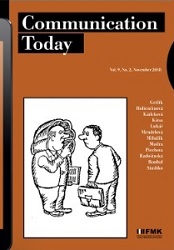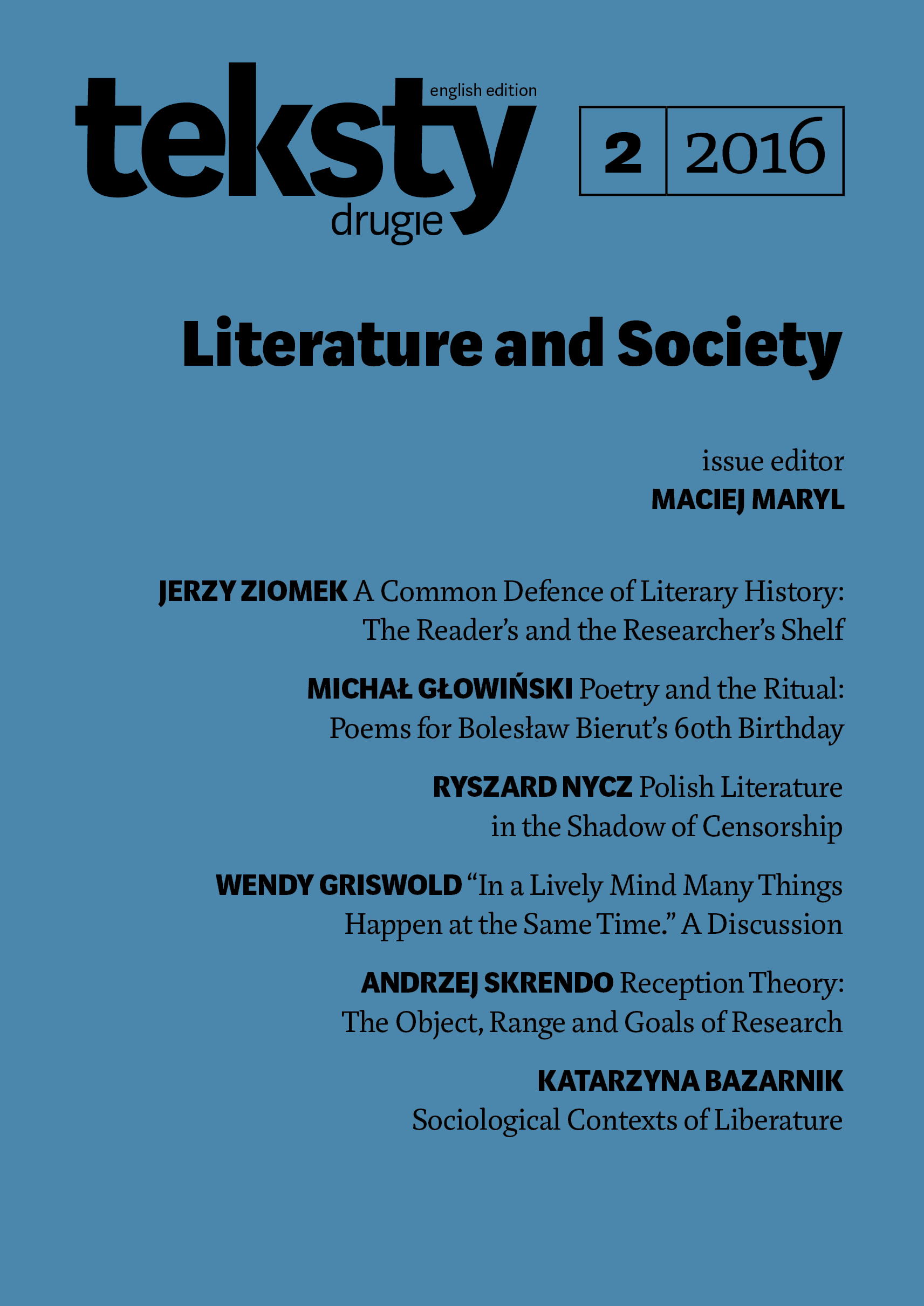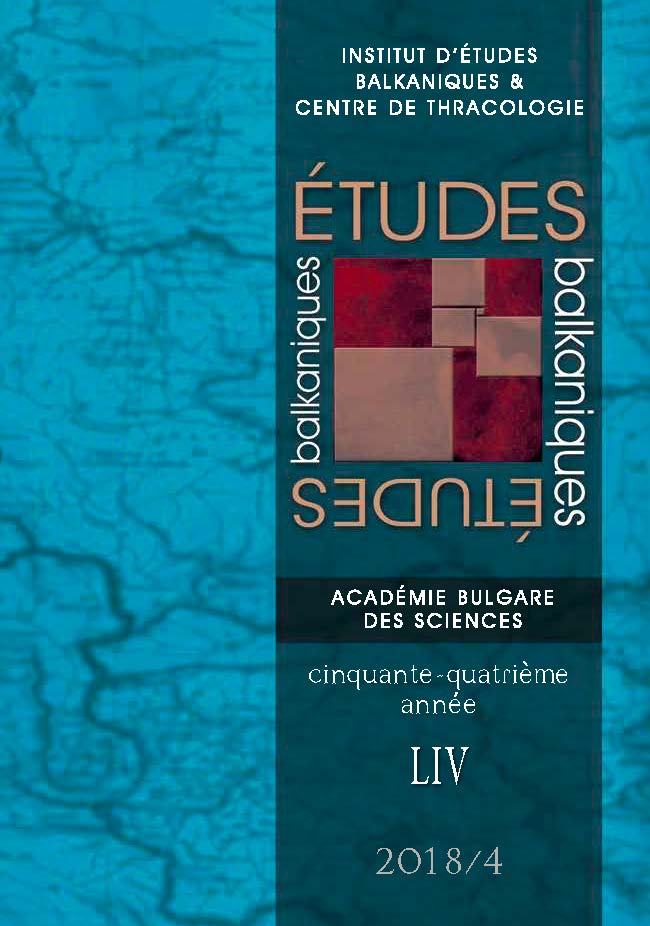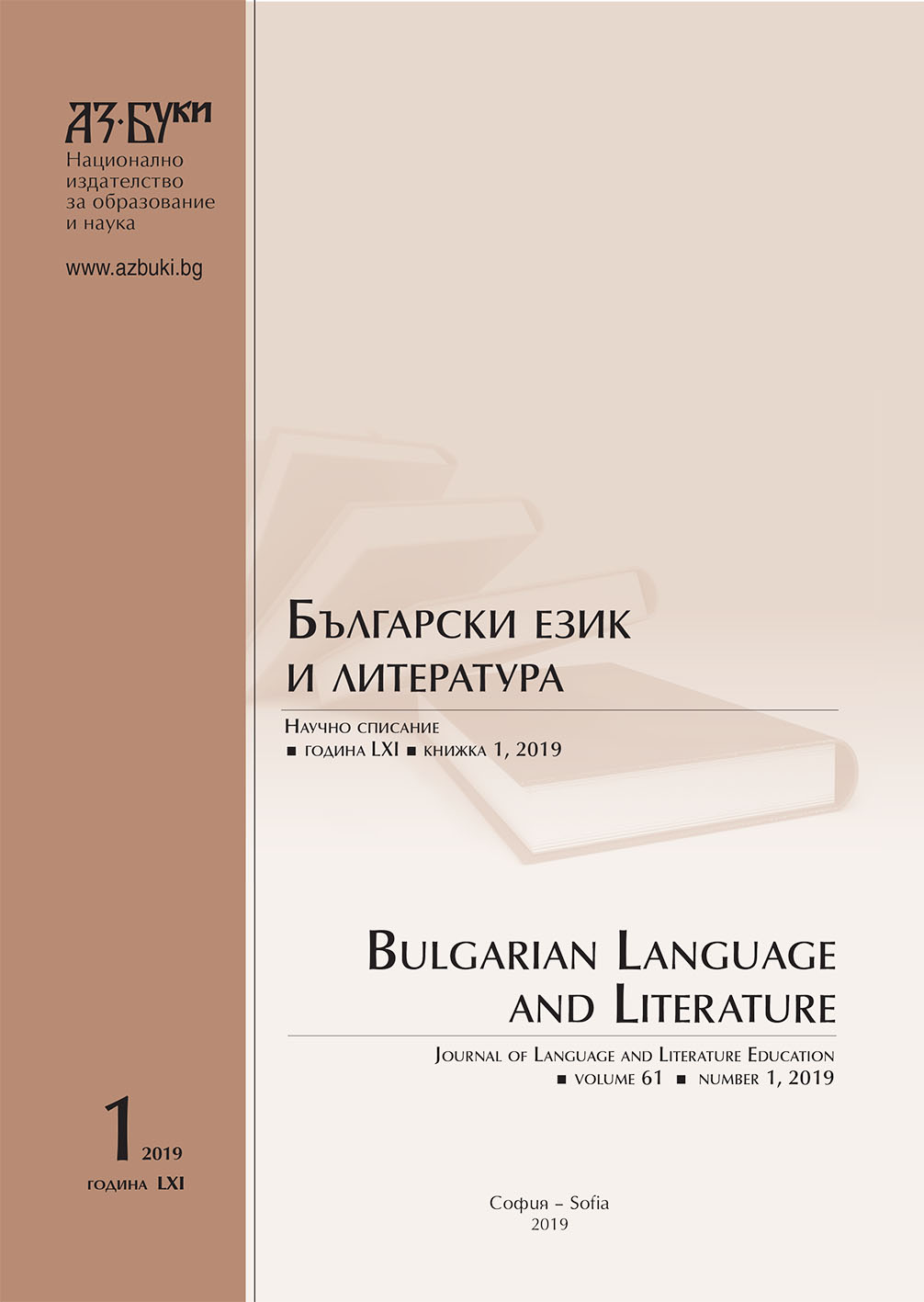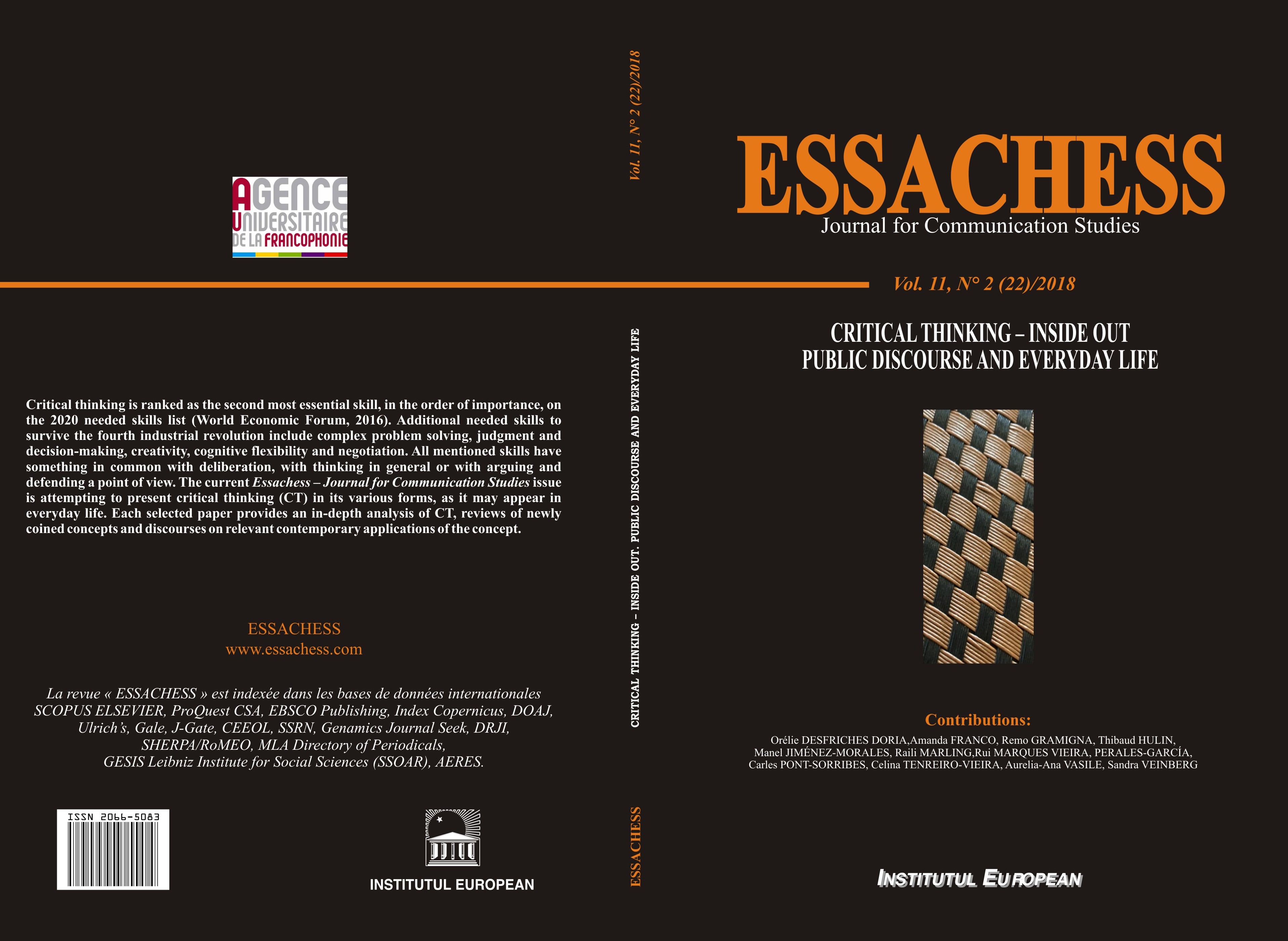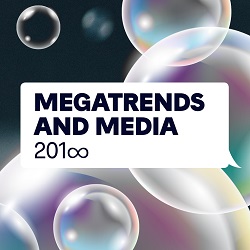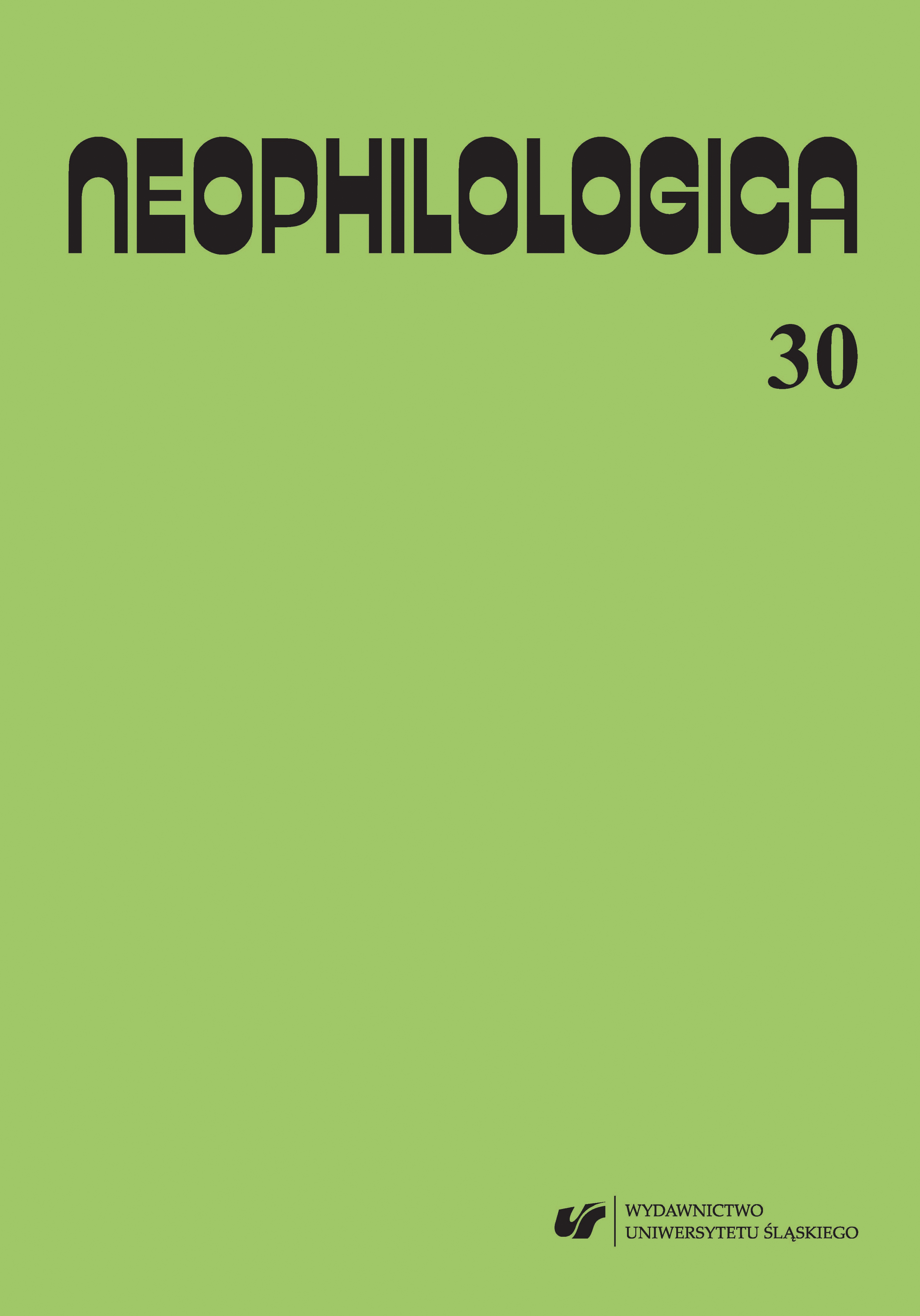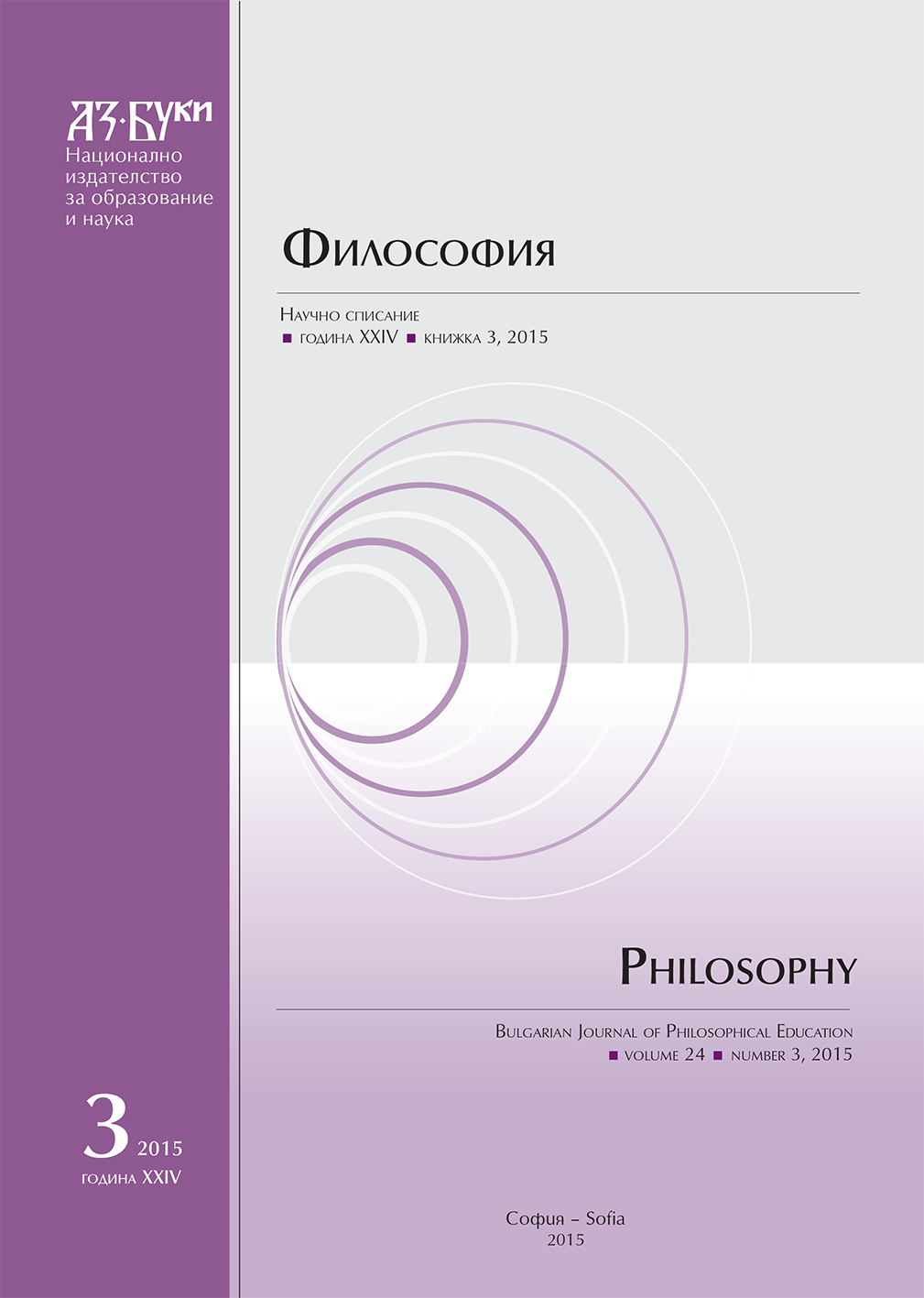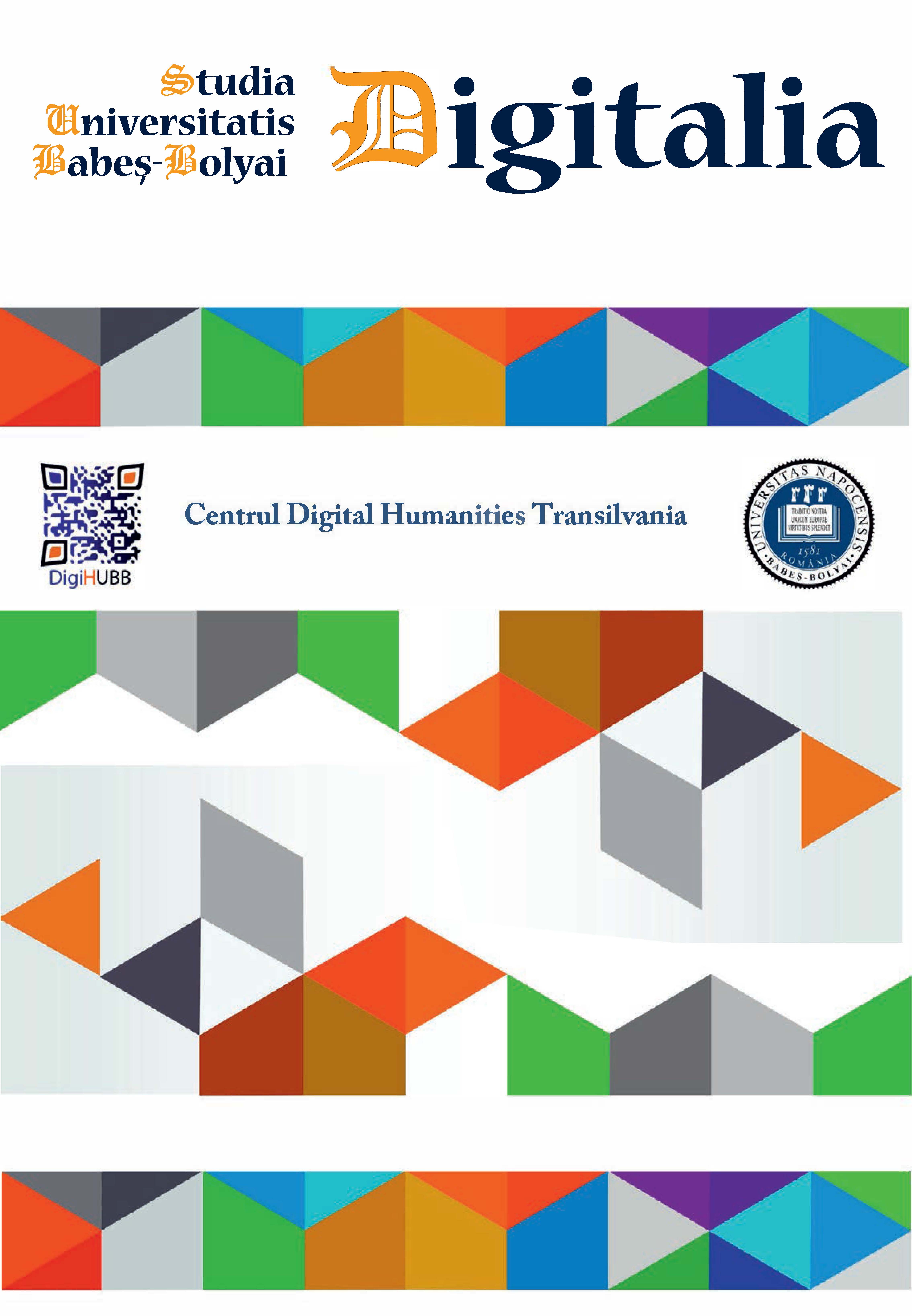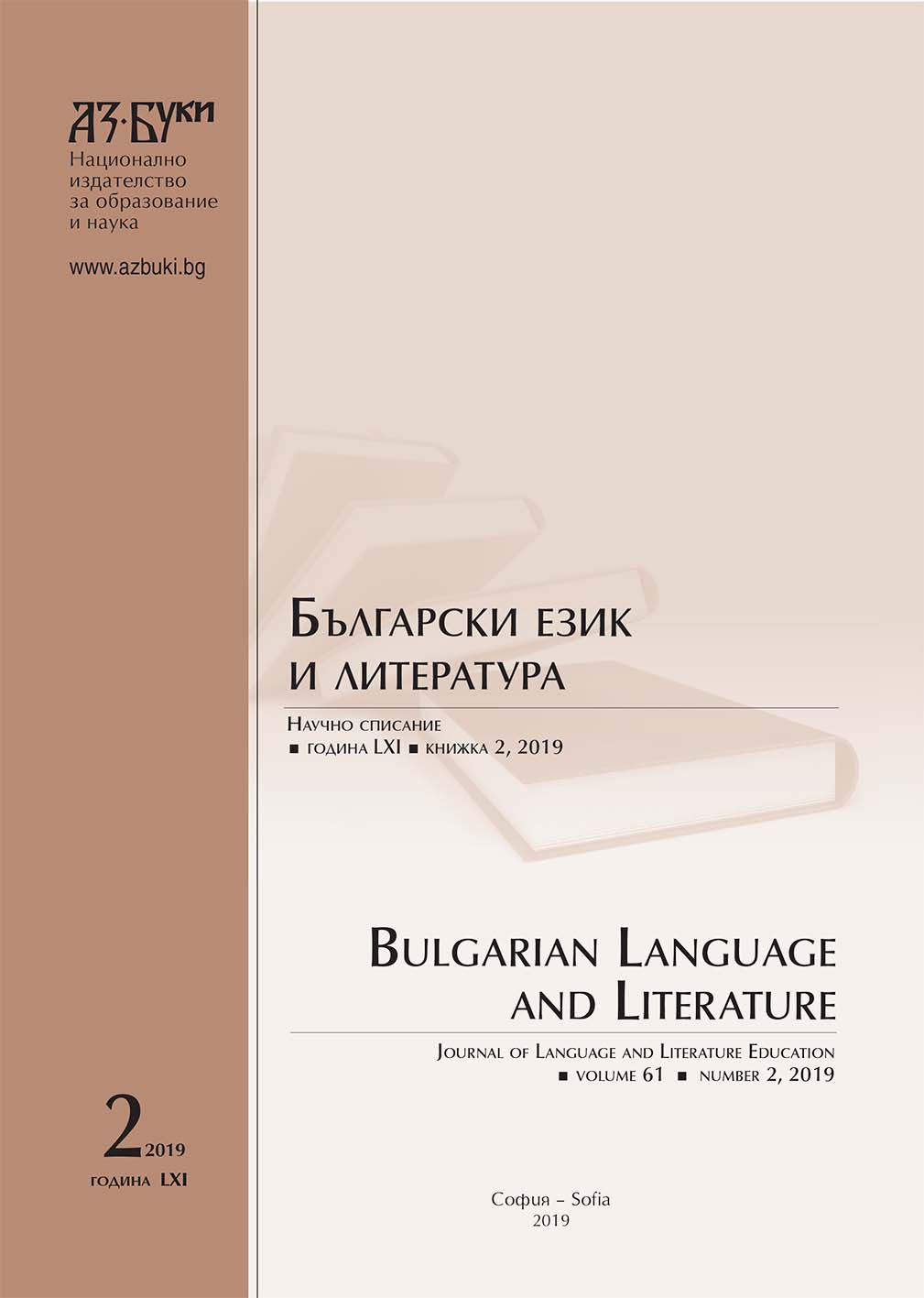Author(s): GRAMIGNA Remo,MARLING Raili / Language(s): English
Issue: 22 (2)/2018
Critical thinking and effective communication are indispensable skills in any professional setting in contemporary globalized and computerized society. The era of globalization and the Internet pose new challenges to education. On the one hand, people have immediate, global, and facilitated access to information. On the other hand, the increasing amount of information inevitably requires one to operate in a selective and analytical way, and to be able to critically evaluate the knowledge and information acquired. These abilities are instrumental in effective decision-making processes and complex problem-solving in the contemporary world. Moreover, critical thinking skills have a direct impact on fostering initiative, autonomy, and leadership. This paper argues for the relevance of scenario theory and practice for critical thinking. Scenario analysis has been used in complex planning domains, cybernetics, business organizations and in vocational education, but we suggest that this approach can also be used more widely in developing critical thinking. In this article, a scenario refers to a set or collection of projections of future events (Wall, 1983). By allowing the investigation of the ‘what if’ questions, scenarios make in-terpretations about the future and engage with the domains of the possible, probable and hypothetical. Indeed, scenarios allow us to envision possible futures and alterna-tives in a hypothetical course of events. Viewed through this perspective, scenarios could be included in the toolkit of critical thinking as self-reflective tools to assess the present. How, then, could imaginary scenarios enhance critical thinking? After an introduction about the concept of scenario, we will test the scenario-based ap-proach to critical thinking in a two-level analysis. We will first analyze the scenarios employed in a corpus about climate change awareness (NASA Global Climate Change and Yale Climate Connections) and climate change denial websites (Watts Up With That and Climate Depot). Thus, we will build on the research by Oreskes & Conway (2010), Dunlap (2013) and others on the communication of contested science. The Internet plays a central role in shaping public perceptions today and hence needs to be discussed seriously as a source of misinformation. We will ana-lyze how scenarios are used by the two competing interest groups. In the second phase of analysis, the results will be used to develop pedagogical advice for using scenarios in teaching critical thinking.
More...

